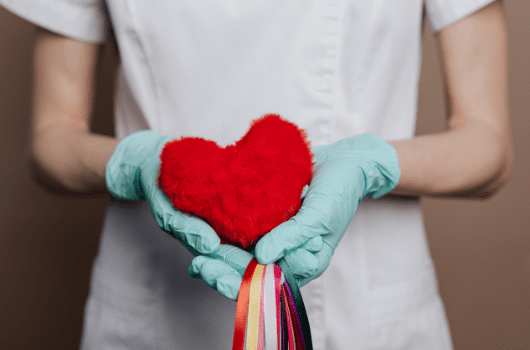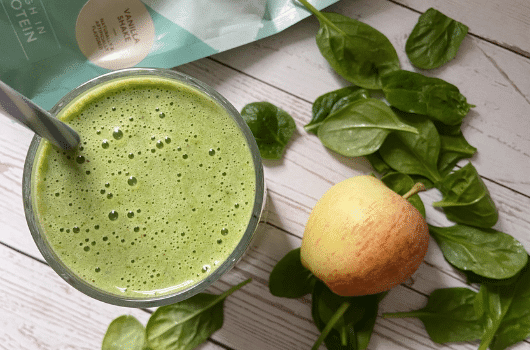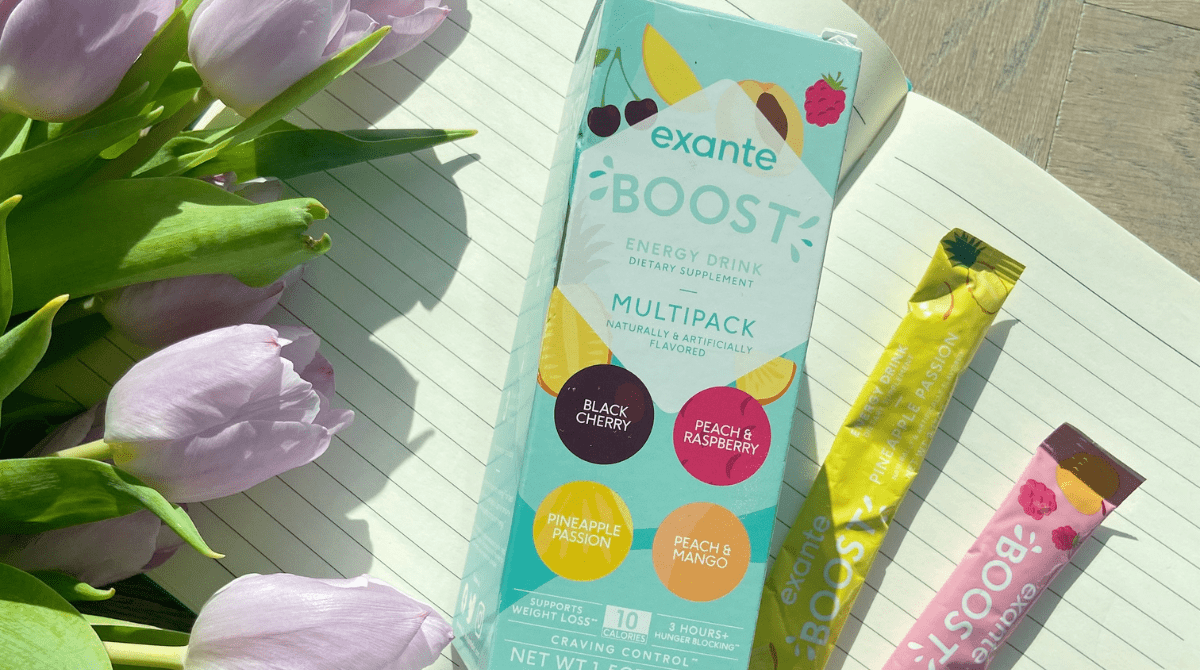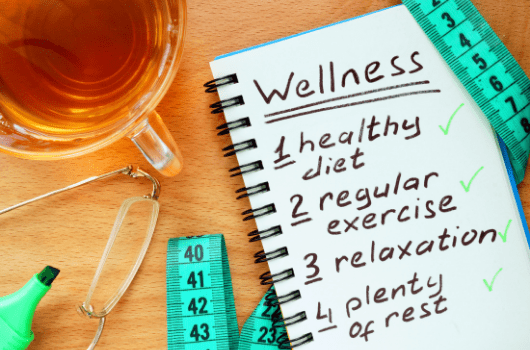More than 43 million Americans struggle with a mental health illness. This number has only increased since the COVID-19 pandemic with increased rates of anxiety, depression, general distress, and insomnia. Read on to learn the facts, warning signs, and lifestyle changes to improve quality of life.
What is Mental Health?
Mental Health is part of the World Health Organization’s (WHO) definition of overall health, but unfortunately, there is still much stigma around having a mental health illness. The definition comprises our emotional, psychological, and social well-being, and is closely connected to the state of our physical health and everything we do. This includes how we handle stress, socialize with others, and ability to make important decisions.
Several factors can contribute to or aggravate mental illness including:
- Genes and brain chemistry
- Life experiences or trauma
- Family history of mental illness
- A poor diet
- An unbalanced microbiome
The good news is that even with having these risk factors, there is help and resources available. But first, let’s discuss the early warning signs to look out for.

Signs of Mental Health Illness
Sometimes the early warning signs of mental illness are not that obvious if you’re not looking for them. Below are some common behaviors and emotions to pay attention to, but please note this is not an exhaustive list.
- Having little to no energy
- Feeling numb or lacking interest in normal daily activities
- Pulling away from others and isolating oneself
- Feeling hopeless
- Eating or sleeping too much or too little
- Inability to perform daily tasks like caring for your kids or going to work or school
- Experiencing mood swings
- Hearing voices or believing things that aren’t true
- Thoughts of harming oneself or others
- Having perseverating thoughts or memories that won’t go away
If you notice any of these signs in yourself or others, seek help from a professional or find additional support from the National Alliance on Mental Illness.
Diet and Mental Health
Good nutrition is not only essential for physical health, but for our mental health as well. On the one hand, the foods we eat (or don’t eat) can improve our mood. But having a health condition in itself can further affect our food choices, leading to a vicious cycle if not addressed. But research tells us that the right eating and mindfulness strategies can influence our mood for the better.
Foods to Eat for Mental Health
To boost mental health, components of the Mediterranean diet have shown promise. This includes fatty fish like salmon and herring, avocados, nuts, yogurt, spinach, and whole grains. These foods provide mood-boosting nutrients such as omega-3 fats, folate, vitamin D, vitamin K, complex carbs, and the amino acid tryptophan. Keeping blood sugar levels steady is another important component, which helps reduce cravings, energy dips, and mood swings.

Foods to Limit or Avoid
On the contrary, there are other foods that can worsen mood and contribute to mental health problems, including processed and refined carbs, red meat, added sugars, and alcohol. These types of foods are typically lacking in the nutrition department, result in energy crashes and intense cravings, and can aggravate symptoms.
Mindful Eating
Becoming a more mindful eater is also important. This involves reducing distractions while eating, becoming more in tune with your hunger and fullness cues, and recognizing when emotional eating is occurring. To practice becoming more mindful, start with writing down how you feel before and after you eat to determine the habits that are not serving you.
Mental Health and the Microbiome
The strong link between the health of our microbiome and our well-being is becoming increasingly clear. Research shows our the bacteria in our gut (i.e. the microbiome) send signals to our brain which can either improve or worsen our mood. Achieving a more balanced microbiome takes a bit of time, but is possible with a focus on gut-healing foods – fruits, vegetables, fermented foods like Greek yogurt, kimchi, kefir, sauerkraut, and tempeh.
Our World’s First Clear Whey JUICED Meal Replacement Shakes are high in fiber and your gut’s new BFF. We have so many fruity and flavorsome flavors to try…


